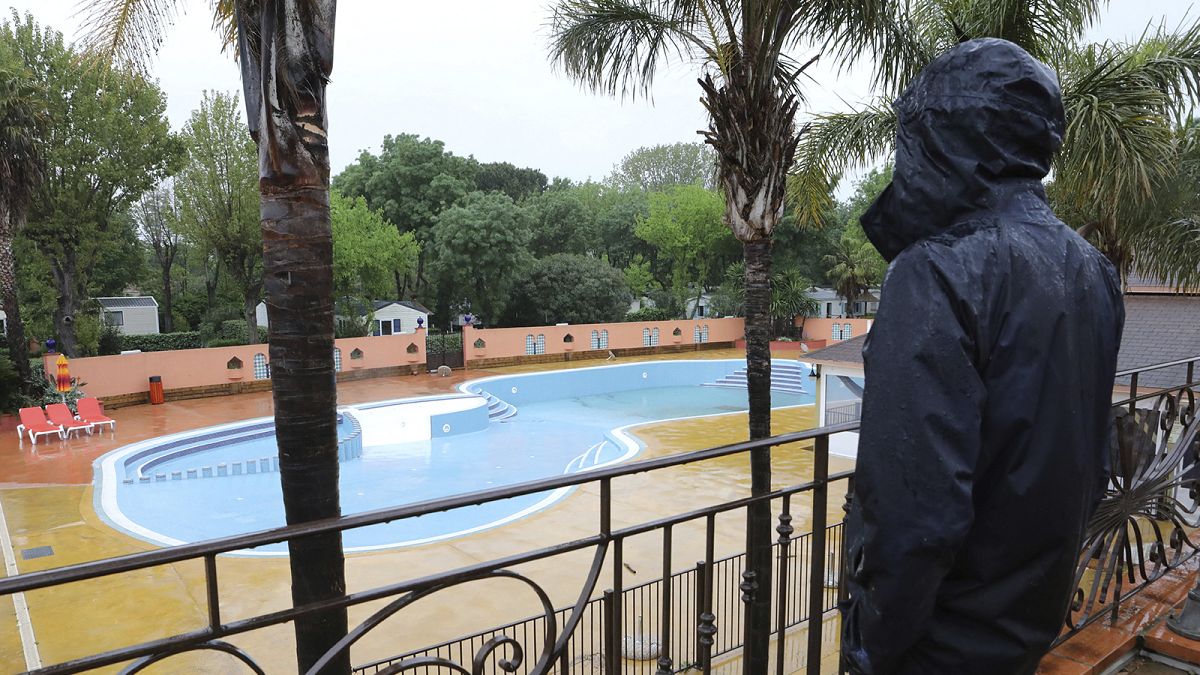Tax authorities have used the technology on a regional basis, but will now roll it out nationwide.
French tax authorities say artificial intelligence has helped them rake in €10 million by detecting undeclared swimming pools.
The software identifies properties using aerial images and checks if any pools have been declared and are correctly taxed.
Swimming pools, whether in-ground or above-ground, must be declared as they increase the value of the property.
France has used the technology on a regional basis but will now roll it out nationwide.
"The implementation will be done gradually in all the regions in France from September," said the Directorate General of Public Finance (DGFiP) on Monday, confirming a report in Le Parisien newspaper.
The software, developed in partnership with the consulting firm Capgemini and the US digital giant Google, was tested in nine regions -- Alpes-Maritimes, Var, Bouches-du-Rhône, Ardèche, Rhône, Haute-Savoie, Morbihan, Maine-et-Loire and Vendée -- and revealed more than 20,000 undeclared swimming pools, according to a report by the directorate.
"This represents nearly €10 million in additional revenue for the municipalities concerned for the year 2022 alone," said DGFiP.
Of this €10 million, €5.7 million were collected to rectify the lack of taxation in previous years and €4.1 million under the 2022 property tax, which constitutes a "permanent" resource for municipalities, according to the DGFiP.
It estimates that "the gains in direct local taxes should reach nearly €40 million in 2023" once the system is rolled out across the country.
"These new resources, which will be partly recurrent for local authorities, will ensure the profitability of the project from its second year of deployment," it adds, while its cost is estimated at €24 million between 2021 and 2023.
After the country-wide implementation of the device for swimming pools, the DGFiP envisages in the long term "to optimise this new tool" to detect "other forms of undeclared construction", such as verandas or big garden shelters, for example.
